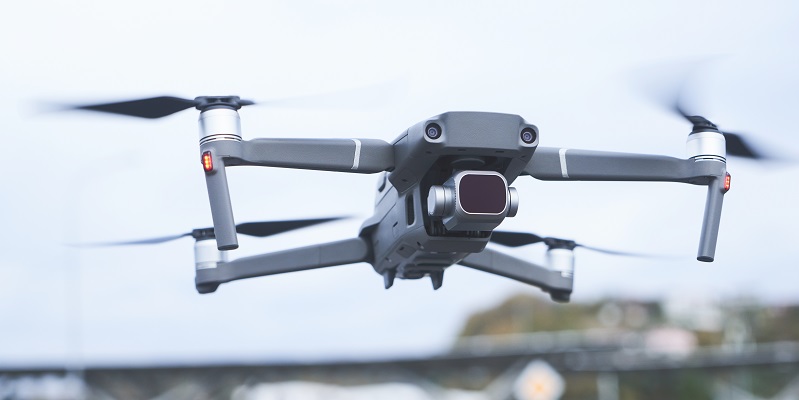Tracking dynamic targets in GPS-denied environments poses a significant challenge for unmanned aerial vehicles (UAVs). In recent years, image-based visual servoing (IBVS) methods have emerged as a promising solution for aiding UAVs in this task. This article presents a novel IBVS method, as outlined in a study published in the journal Engineering, that enhances the tracking performance of UAVs in such environments.
Methodology
The proposed IBVS method utilizes a constructed virtual camera to derive simplified and decoupled image dynamics specifically designed for underactuated UAVs. Unlike traditional methods, this approach takes into account uncertainties caused by unpredictable rotations and velocities of dynamic targets. To address tracking rotating targets with arbitrary orientations, the researchers have developed a unique image depth model that extends the capabilities of the IBVS method.
The development of a velocity observer is another key aspect of this methodology. This observer allows for the evaluation of comparative velocities between the UAV and the dynamic target. By incorporating this observer, the methodology eliminates the need for translational velocity measurements and reduces control chatter resulting from noisy measurements.
Implementation
The integration of the velocity observer into the IBVS system is a significant implementation step. With the observer in place, the reliance on translational velocity measurements becomes unnecessary, simplifying the tracking process. Additionally, an integral-based filter has been introduced to compensate for unpredictable environmental disturbances. This enhancement improves the anti-disturbance ability of the UAV, ensuring more accurate tracking performance.
Stability Analysis
To ensure the robustness of the system, the stability of both the velocity observer and IBVS controller has been thoroughly investigated using the Lyapunov method. This analysis provides confidence in the stability and reliability of the proposed method in tracking dynamic targets.
Experimental Results
Comparative simulations and multistage experiments have been conducted to evaluate the performance of the proposed method. These experiments aim to demonstrate the tracking stability, anti-disturbance ability, and tracking robustness of the dynamic IBVS technique, particularly in the presence of dynamic rotating targets. The results confirm the effectiveness and efficiency of the proposed method in real-world scenarios.
Novel Image Depth Model
A key contribution of this study is the introduction of a special image depth model. This model accurately removes image depth without requiring rotation information about the tracked target. By eliminating the need for this information, the tracking process becomes more efficient and reliable.
The study presented in this article introduces a dynamic IBVS technique that significantly enhances UAVs’ tracking performance in unstable disturbances and GPS-denied environments. By utilizing a virtual camera, developing a unique image depth model, and incorporating a velocity observer, the proposed method addresses challenges associated with unpredictable rotations and velocities of dynamic targets. Comparative simulations and multistage experiments demonstrate the effectiveness and robustness of the approach. Overall, this study contributes to the advancement of UAV tracking technology, opening up new possibilities for applications in various industries.

